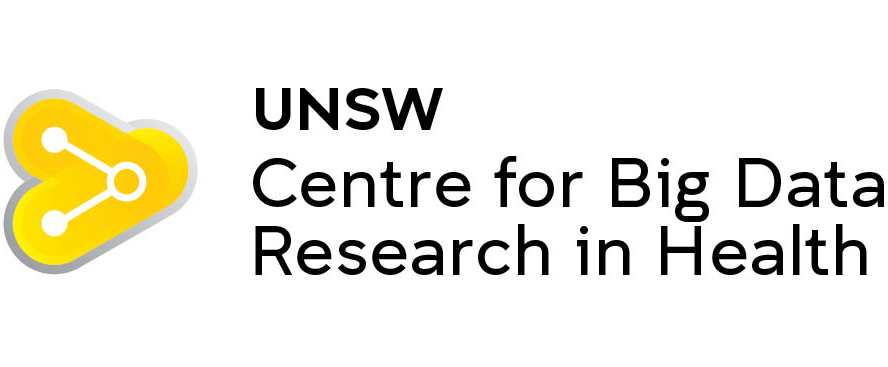Centre for Big Data Research in Health
Project
Novel deep learning methods for large-scale cardiovascular risk screening using Australian digital health data - MRFF
Through two synergistic studies we will use deep learning methods to deliver highly novel, low-cost approaches to cardiovascular risk screening to achieve unparalleled population reach using health service data already available for millions of Australians:
- Using multimodal data captured in Australians’ Electronic Medical Records, we will develop and validate the world’s first cardiovascular risk screening algorithm that uses clinical text data and longitudinal event sequences, and updates dynamically to incorporate new data.
- Using mammographic images for 54,000 women participating in the Lifepool registry, together with established record linkage, we will develop and validate the world’s first mammography-derived cardiovascular risk screening algorithm.
Working with policymakers, clinicians and consumers, we will design and conduct agile pilot trials to test and refine implementation options and inform large-scale rollout and evaluation.
Uniquely, our novel risk screening tools will:
- Leverage, at minimal extra cost, existing multi-billion-dollar investments in population-based infrastructure that already has very broad reach and high public awareness.
- Be suitable for automated implementation at scale and across multiple technology platforms with minimal extra burden or risk for patients or clinicians.
- Complement established services, by identifying individuals at high risk who would not otherwise have cardiovascular screening and directing them into current pathways for in-depth cardiovascular risk assessment by their general practitioner, funded through the new Medicare Benefits Schedule (MBS) Heart Health Check items.
School
Research Area
Cardiovascular



